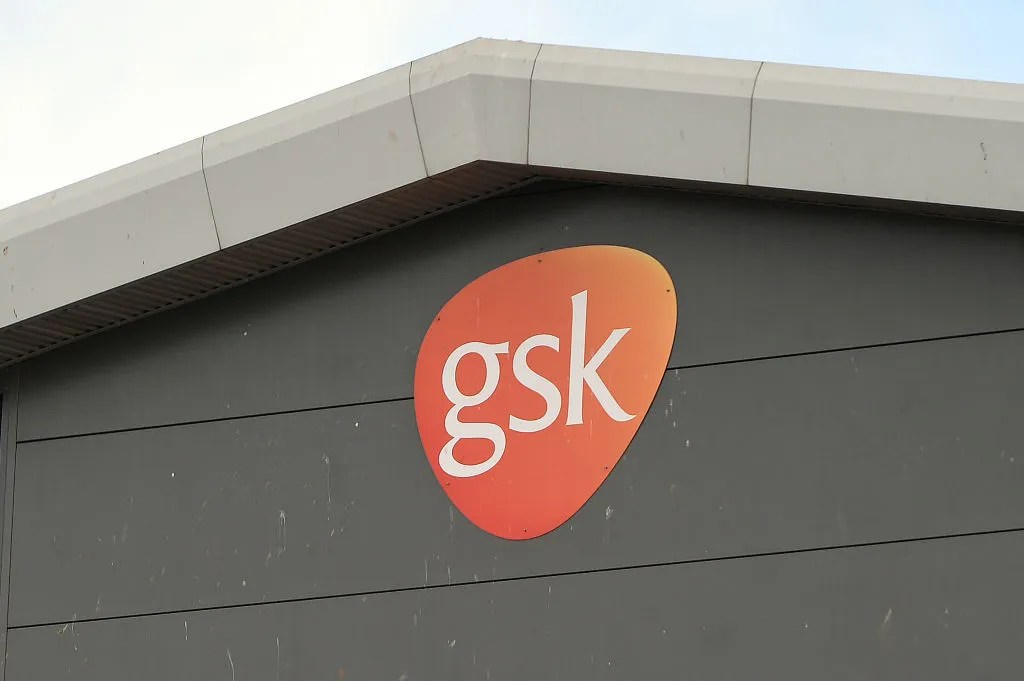GSK reports robust results from latest trial with injectable HIV treatment
GSK has today reported favourable findings from the Latitude phase III study of its long-acting injectable antiretroviral treatment (ART) for HIV. The study was conducted by Viiv Healthcare, the global specialist HIV company majority owned by GSK, with Pfizer Inc. and Shionogi Limited as shareholders. The company said that an interim analysis of the Latitude [...]


GSK has today reported favourable findings from the Latitude phase III study of its long-acting injectable antiretroviral treatment (ART) for HIV. The study was conducted by Viiv Healthcare, the global specialist HIV company majority owned by GSK, with Pfizer Inc. and Shionogi Limited as shareholders.
The company said that an interim analysis of the Latitude phase III trial data showed its treatment, demonstrated “superior efficacy in maintaining viral load suppression compared to daily oral therapy” in those individuals who have issues taking pills to suppress HIV daily.
Kimberly Smith, head of research and development at ViiV Healthcare said: “The interim data indicating the superiority of long-acting therapy compared to daily oral therapy in individuals who have difficulty taking pills for HIV every day is a remarkable outcome.”
Smith added: “There are many reasons why people may find it challenging to stay on daily oral treatment and the LATITUDE study shows cabotegravir and rilpivirine injectable treatment can help them keep their virus suppressed, which benefits their overall health. Optimising therapy for all people living with HIV, including those with adherence challenges, is critical to the effort to end the HIV epidemic.”
The news follows a string of positive updates from the company, which has seen a number of drugs move forward in its pipeline and others approved for sale in different markets this year.
Yesterday GSK’s Omjjara (momelotinib) was recommended by the UK’s National Institute for Health and Care Excellence (NICE) as a treatment option for myelofibrosis-related splenomegaly, a rare blood cancer which is estimated to affect more than 1,900 people in England, Wales and Northern Ireland.
Earlier this week the pharma giant also completed the acquisition of Aiolos Bio, a clinical-stage biopharmaceutical company focused on respiratory and inflammatory conditions. GSK paid $1bn (£0.8bn) upfront for the company with a further $400m (£317m) due in success-based milestone payments.



